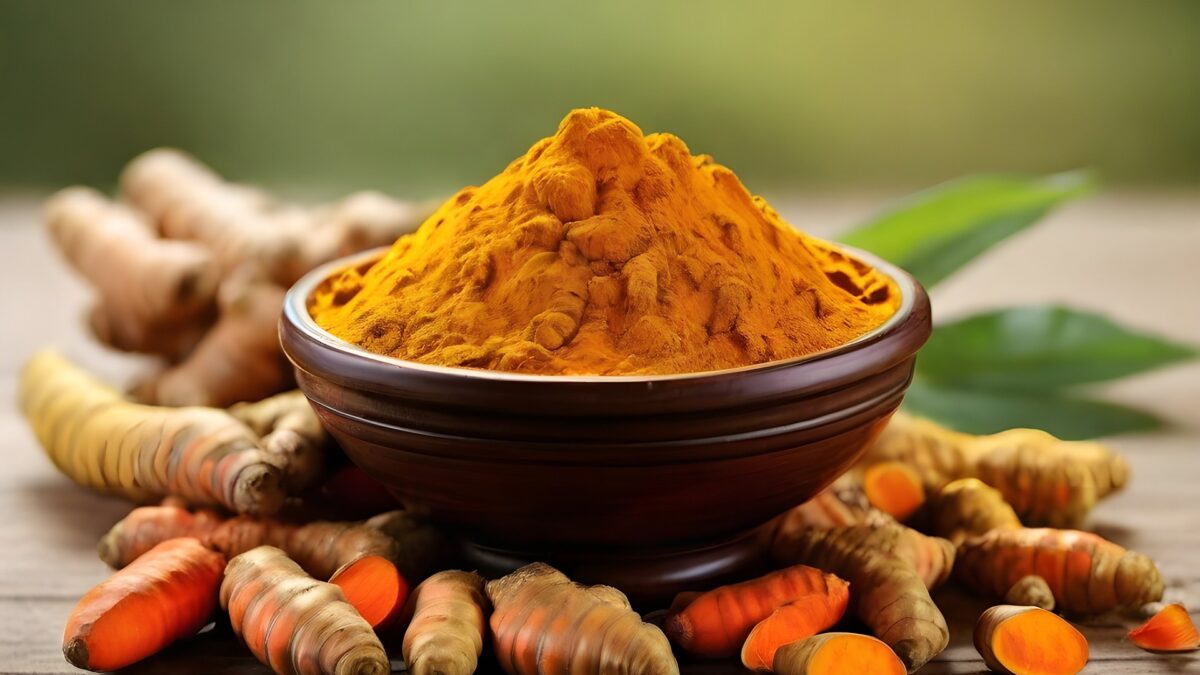Turmeric (Curcuma longa) is a plant native to Southeast Asia whose rhizome is widely used as a spice and natural remedy.
It contains an active compound called curcumin, which gives it its intense yellow-orange color and has powerful anti-inflammatory, antioxidant, and antibacterial properties. Turmeric has been used in traditional Ayurvedic and Chinese medicine for thousands of years to treat a variety of ailments, including digestive problems, inflammation, joint pain, and to support liver function. In the context of natural healing methods, turmeric is gaining popularity as a means of supporting a healthy immune system and reducing the risk of chronic diseases, including heart disease, diabetes, and even cancer. Curcumin can be found both as a spice and as a dietary supplement.
Curcumin supplementation is often recommended for people suffering from inflammatory conditions, such as rheumatoid arthritis, due to its ability to reduce pain and swelling. Thanks to its properties, turmeric is an important part of natural therapies that support the health and balance of the body. Regular use in your diet can support preventive health care, but it is worth consulting a doctor before supplementing to make sure that turmeric will be safe and effective in your case.









